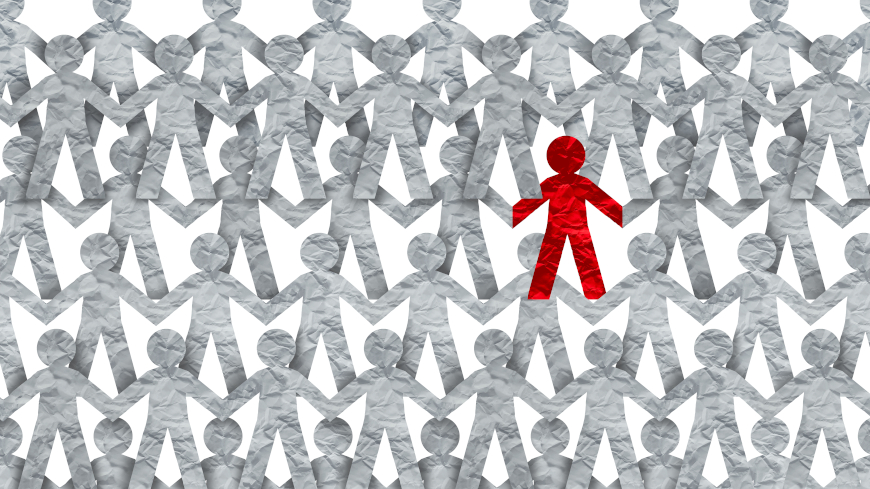The general population and professionals in the Republic of Moldova consider discrimination a widespread problem, according to a national study conducted in the period September-November 2020.
One in four people from the general population interviewed stated that they have felt discriminated in the last year. In the majority of cases, respondents did not go to court or to the Council for preventing and eliminating discrimination and ensuring equality (the Equality Council) after being discriminated
The majority (63%) of respondents who felt discriminated stated that they have expressed their opinion to the person/institution that made them feel discriminated. At the same time, one in two respondents among the general population said that they think justice in the Republic of Moldova is not prepared to deal with cases of discrimination.
Among the general population, one in five people stated they have heard of the Equality Council and the opinion of professionals on the Council's activity is positive. An opinion suggested that the Equality Council should have the power to directly sanction the perpetrators of the discrimination ascertained, and not limit them to decisions with recommendatory value.
These findings are part of the National study on the perception of the general population and the opinion of professionals on the preparedness of the justice sector actors in the Republic of Moldova to deal with cases of discrimination.
The survey was conducted on a sample of 1059 respondents among the general population and over 600 respondents among professionals in the justice sector. The aim of the study was to assess their perception and opinion on the preparedness of justice sector actors to deal with cases of discrimination.
This study has been produced in the framework of the project ”Strengthening the capacities of the justice sector actors to deliver justice in line with European standards, in particular to fight discrimination in the Republic of Moldova” co-funded by the European Union and the Council of Europe and implemented by the Council of Europe in the framework of the Partnership for Good Governance phase II (2019-2021).





